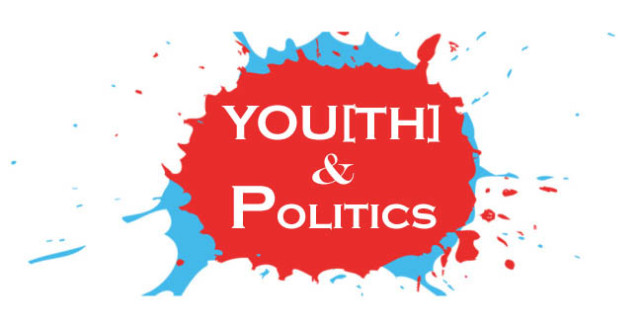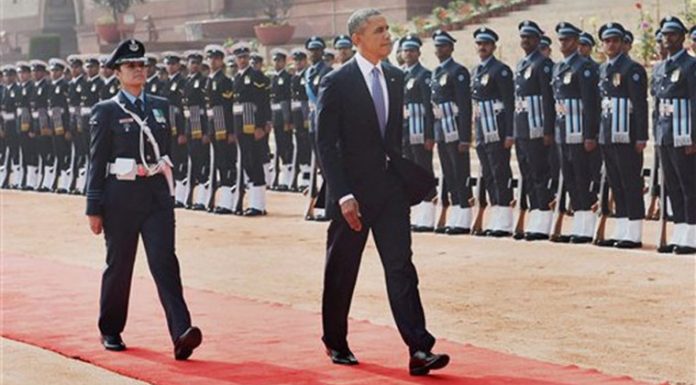The fact that the Indian youth should be involved in politics has by now become an age-old rhetoric. Every single armchair political analyst has expostulated time and again the need for the younger populace to take up the reins, to become more involved – on a grassroots level – with the creation of a better, more transparent political ecosystem within the country. Everyone agrees that the Indian youth are needed to right all the wrongs afflicting the Indian political system at present. And so the eyes of the nation settle upon these harbingers of change who will once again restore order upon the systematic anarchy that our politics has degenerated into. But why is India’s youth considered so integral to its politics’ future?

The answer lies in the question itself. India is one of the youngest countries in the world at present and is set to be the youngest by the year 2020. That alone can serve as reason enough in the eyes of some. However, it must be pointed out that politics is a different ball game altogether. A quick study of the political landscape will see you stumble upon a completely interposed situation. The elder statesmen rule the roost as far as the political status quo is considered and have done so since the political apparatus was established in the country. There are very few politicians worth their salt below the age of 40. This raises an important question; will it not be wiser to leave the politicking to these seasoned campaigners instead of bringing in the inexperienced youth into the fold?
The answer would be a wholehearted no. At present, most Indian politicians are woefully ill-equipped to understand the needs and wants of the young India. Try as they might, but these elder stalwarts find it extremely hard to learn new tricks which will be essential in charting out the future course of the nation in this dynamic digital age. As such, the young India needs faces from amongst its own – people it knows and people that know it well – to be the decision makers on its behalf. Alienating these future decision makers, who make up more than 50 percent of the country’s population, from the political landscape cannot be healthy for the long-term future of the country.
Another factor in the favour of youth’s involvement in the political hierarchy is the value of education. By either design or lack of opportunity, most of the current crop politicians are often not very educated. That makes a telling difference in an institution that impacts the lives of a nation’s subjects as directly as politics does. The youth, having access to better educational facilities, will be able to use their knowledge to formulate better policies and implement more meaningful reforms that will ultimately aid India’s quest to develop into a global superpower.
There will be challenges initially, of course, faced by both the system and those that try to bring the change, but to deny that Indian politics needs the youth is either an act of unhealthy stubbornness or a willful blindness. In fact, proactive steps must be taken to encourage the youth to be more involved, either directly or indirectly, with the political setup from an early age. The more experienced political stalwarts must play mentors to the next generation of politicians, while the young Indians must also embrace this responsibility of revitalising and reinvigorating the present political landscape. So would you be a part of the newer, better India, or would you still wait for someone bring a change on your behalf?
































Indian politics and Indian youth are like the parallel partners of the railway track who go hand in hand but seldom attempt to be together. It is that lost key that is the answer to more than half of the nation’s problems. Indian youth wants to be a part of the mainstream but is not given the equal say! It is thus necessary that our youngsters are given an opportunity to voice their opinion.